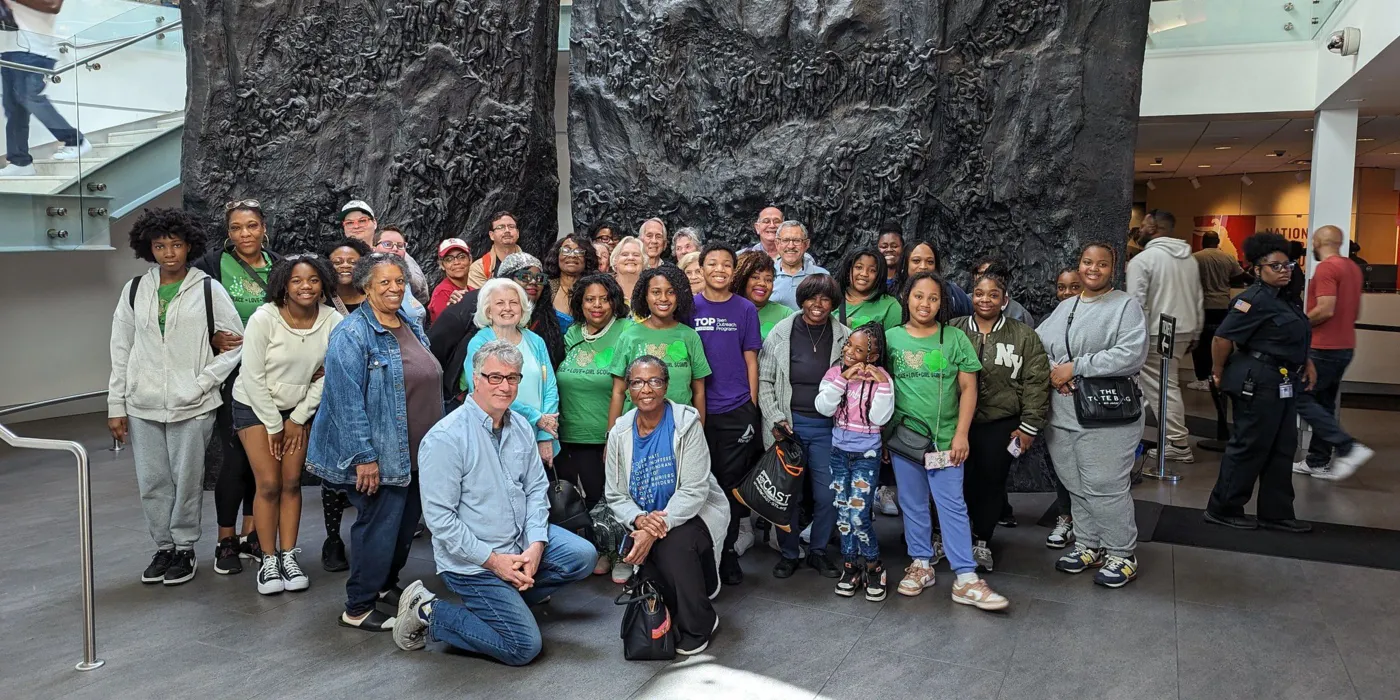
Here’s a statement you’ve never heard before in your life: “Those Episcopalians sure are great evangelists!”
Why is that? Most Episcopalians’ concept of evangelism is very negative, based on either money-grubbing televangelists or experiences of being confronted with “bible-thumpers” demanding to know if they have been saved. Many Episcopalians view evangelism as aggressive, intrusive, exploitative, coercive, scary, self-interested, and based on fear, guilt and shame.
But Jesus told us to evangelize, right? So what’s going wrong here?
The “evangelism” practices carried out in the ways l just listed are not, in fact, evangelism. They are what I call “Christian malpractice,” most often driven by greed or, particularly in previous centuries, Christian imperialism and colonialism. People around the world were forced to convert to Christianity at gunpoint. That doesn’t sound like the Jesus we know and love.
It’s no wonder that most Episcopalians shy away from evangelism! The desire to avoid shaming and blaming people into church is a very good spiritual instinct — if you think you don’t like evangelism, you’re probably coming from place of deep spiritual integrity!
Evangelism that perpetrates spiritual violence against others lacks integrity. Shaming and blaming people, threatening them with dire eternal consequences of a fiery hell if they don’t adhere to our doctrine, getting them into church by hook or by crook just to drive up our average Sunday attendance — these kind of practices have rightfully given evangelism a bad name. We want to share the Good News, but we don’t want to do it in a self-righteous, intrusive, coercive way.
So if Jesus told us to share the Good News, and we know that we don’t want to do it from a coercive, exploitative place, how are we to evangelize? How can we redefine evangelism for ourselves?
We have been given the amazing gift of the knowledge of God’s love, and there are people walking around in our lives who have no idea that God loves them. It’s incredibly urgent that we share this Good News, but we have to find a way to do it that harmonizes with our values.
So we’re redefining evangelism. It’s not didactic communication of the Good News to others — “we’re right and you’re wrong so let us tell you how to fix your life.” No. We’re redefining evangelism as journeying together through discovering the Good News of Jesus Christ. It’s a two-way street, a relationship, a lifelong adventure that we take on as companions in the way.
Evangelism is at heart building spiritual intimacy with others. It’s about going to the deep places of life and exploring how we find and struggle to find God there. Two major tasks of Christian community are building spiritual intimacy within and among our spiritual community, and with those outside our spiritual community.
And we need to be evangelized as much as we need to evangelize others. I need the Good News of Jesus Christ proclaimed to me in some way by someone every single day of my life.
We must communicate a God who is Love by means and methodology of love. How will you love people more fully, generously, and attentively? Because that is the heart of evangelism as spiritual intimacy — which means it is tied into the heart of our discipleship. We are not living out our discipleship fully without practicing evangelism.
So consider for yourself going forward — you probably know how you don’t want to evangelize. How do you want to evangelize? What would communicating news of love by means of love look like for you?
